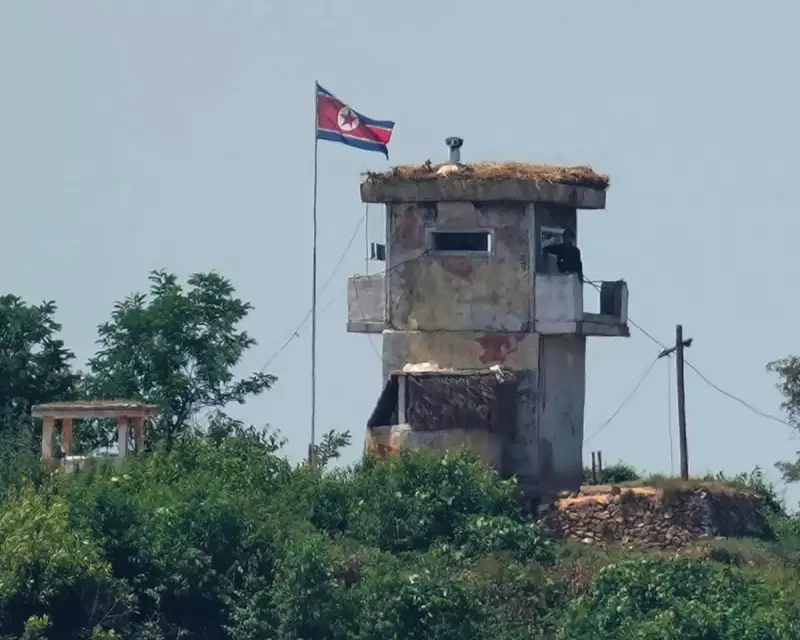
In a dramatic breach of one of the world's most heavily fortified borders, a North Korean soldier has successfully defected to South Korea by crossing the treacherous Demilitarized Zone (DMZ). The incident, which occurred on Sunday, marks the first such crossing in more than a year and comes at a time of escalating military tensions on the Korean peninsula.
A Dangerous Journey Across the World's Most Heavily Guarded Border
The defector, whose identity remains undisclosed for security reasons, managed to navigate through the complex network of landmines, electric fences, and surveillance systems that characterise the 248-kilometre border separating the two Koreas. South Korean authorities confirmed the soldier was taken into custody after triggering surveillance equipment in the central sector of the DMZ.
This bold crossing represents the first successful defection via the DMZ since July 2024, when another soldier made a similar journey. The timing is particularly significant given North Korea's recent military provocations, including multiple weapons tests and the deployment of troops for construction work within the DMZ itself.
Military Tensions and Border Security Concerns
The defection occurs against a backdrop of deteriorating inter-Korean relations. Just last month, North Korean forces briefly crossed the military demarcation line, prompting warning shots from South Korean guards. Pyongyang has also been reinforcing frontline units with heavier weapons and reinstalling border guard posts that had been previously removed under now-defunct tension-reduction agreements.
South Korea's Joint Chiefs of Staff stated: "We are conducting a thorough investigation into how the defection occurred and the soldier's motives while maintaining our highest level of military readiness."
The Human Cost of Division
Despite the extreme dangers involved, defections across the DMZ have occurred periodically over the decades. The border area is littered with an estimated two million landmines and monitored around the clock by armed guards with shoot-to-kill orders. Those who attempt the crossing face not only the physical barriers but also the constant threat of discovery by North Korean patrols.
Most defectors from North Korea typically choose alternative routes, often through China and Southeast Asia, making direct DMZ crossings particularly rare and noteworthy. The successful passage highlights both the desperation of those seeking freedom and potential vulnerabilities in border security protocols.
The defector is currently undergoing questioning by South Korean authorities and will receive medical and psychological evaluation as part of the standard reintegration process for those fleeing the isolated regime.





